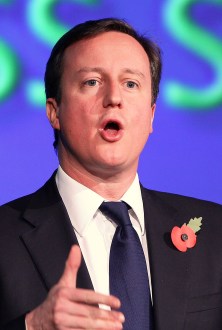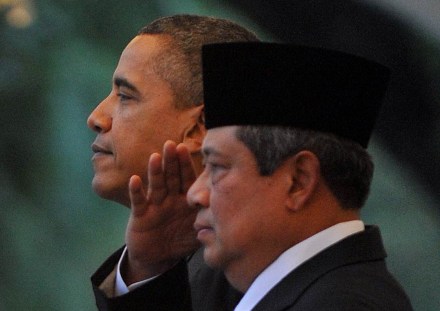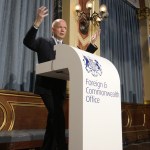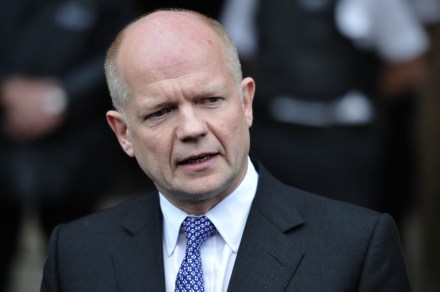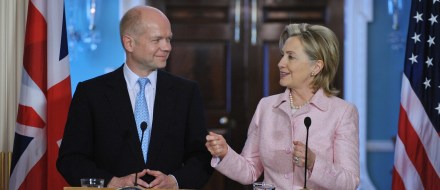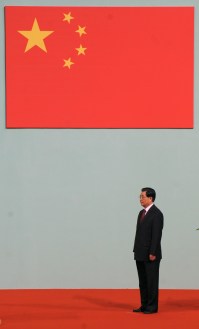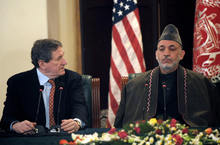Cameron: it’s all about the economy
A minor landmark for David Cameron tonight, as he delivers his first Mansion House speech as Prime Minister. Like occupants of No.10 before him, he will use the occasion to talk about foreign affairs – although the result may be rather more like the Chancellor’s annual speech at the same venue. Judging by the extracts that have been released so far, Cameron’s overall emphasis will be on the economy, and on Britain’s fiscal standing. As he will say, “we need to sort out the economy if we are to carry weight in the world.” Cameron develops this point by claiming that, “whenever I meet foreign leaders, they do not see
